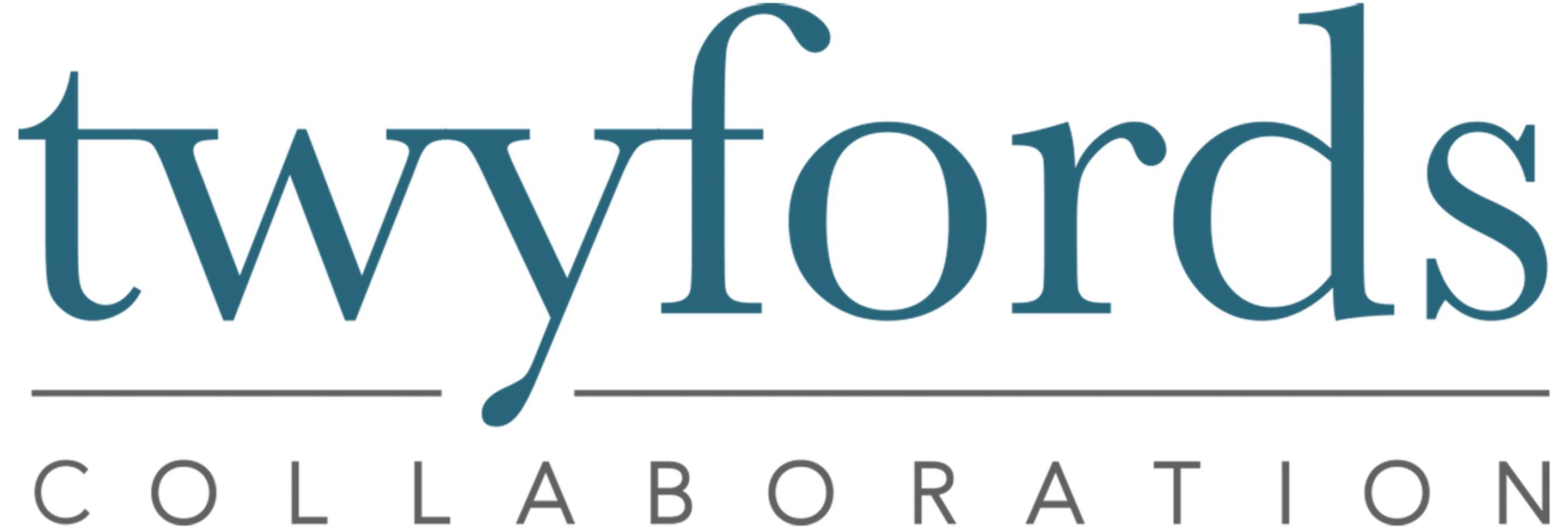I was reading a SMH article on the weekend about political backflips and how we might instead welcome changed minds , and it reminded me of my recent blog about embracing self doubt.
My favourite TV interviewer is Leigh Sales – from ABC 7.30 report.
I like her even handed and probing way she questions in her interviews – no matter what side of politics is under scrutiny.
I recently came across a little book (On Doubt) she wrote in 2009 where she provides the background to her questioning that arises from possessing what she calls a doubtful mind – the desire to seek what is behind the certainty.
I was struck by her anecdote about Treasurer Wayne Swan in 2009, where he reportedly said “If you are experiencing self-doubt, it means you are aware of vulnerabilities and sometimes I think that might be a bit better than people who just assume confidence in everything they do, full steam ahead”
The nature of the collaborative process for tackling complexity is one of emergence – where the central tenant is “not knowing”.
This nicely sums up the dilemma we see often, particularly with public sector clients, as they attempt collaborative processes to tackle some of the vexed and complex policy issues – doubt equals weakness.
As Leigh states in her book – “A leader (especially a politician) who expresses doubt is seen as indecisive rather than capable of nuanced thought and self-reflection. By contrast, certainty is considered a strength. The leader who acts from unwavering confidence appears forceful and trustworthy”.
So how to keep our leaders (and the participants) “safe” in a collaborative process, to be able to be vulnerable, listen and explore, when the natural tendency is to know the answer, or the question, or the direction?
I didn’t get any real clues from Leigh in how to shift that tendency, but our experience is that it comes from practice, when the individual finds out that people often appreciate authenticity over bluster.
So maybe Leigh is on to something here….
Perhaps self-doubt is a key capability for effective collaboration.
